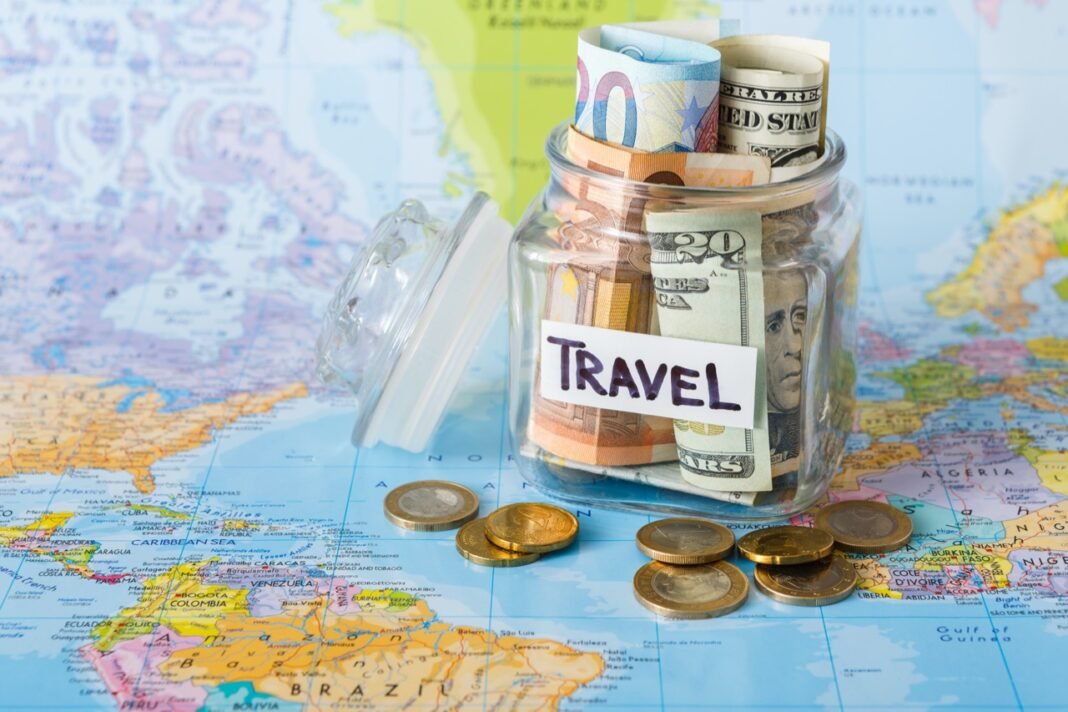Traveling is a dream for many, but the perception that it requires a hefty bank account often holds people back. The good news is that with some careful planning and smart choices, you can explore the world without emptying your wallet.
Plan Ahead and Set a Budget
The first step to budget travel is creating a financial plan. Determine how much money you’re willing to spend on your trip and set a clear budget. Be realistic and account for all potential expenses, including transportation, accommodation, food, activities, and souvenirs. Once you have a budget in mind, stick to it as closely as possible.
Travel During Off-Peak Seasons
One of the best ways to save money on your travels is to avoid peak tourist seasons. Prices for flights, accommodations, and activities tend to be lower during the shoulder or off-peak seasons. Plus, you’ll enjoy fewer crowds and a more authentic experience in your destination.
Use Fare Comparison Websites
Before booking your flights, use fare comparison websites and apps to find the best deals. Websites like Skyscanner, Kayak, and Google Flights allow you to compare prices across multiple airlines and booking platforms, helping you find the most affordable options.
Be Flexible with Your Travel Dates
Flexibility with your travel dates can lead to significant savings. If possible, be open to adjusting your departure and return dates to take advantage of lower fares. Airlines often offer lower prices on weekdays and during less popular times of the day.
Consider Alternative Airports
When searching for flights, explore nearby airports as well. Flying into or out of smaller airports can sometimes be more budget-friendly than major hubs. Just be sure to factor in the cost and convenience of transportation to your final destination.
Embrace Public Transportation
Once you arrive at your destination, make use of public transportation whenever possible. Trains, buses, and subways are often more affordable than taxis or rental cars. Additionally, using public transportation allows you to immerse yourself in the local culture.
Opt for Budget Accommodations
Accommodation costs can add up quickly, but there are budget-friendly options available. Consider staying in hostels, guesthouses, or Airbnb rentals instead of expensive hotels. Research and read reviews to find safe and comfortable places that fit your budget.
Cook Your Meals
Eating out for every meal can strain your budget, so try to cook your meals when possible. Many hostels and guesthouses have communal kitchens, and buying groceries at local markets can be a cost-effective way to enjoy delicious meals without breaking the bank. Don’t forget to sample local street food, which is often both affordable and tasty.
Look for Free and Low-Cost Activities
Explore your destination’s free or low-cost attractions and activities. Museums, parks, hiking trails, and cultural events can provide memorable experiences without a hefty price tag. Consider purchasing city passes that offer discounts on multiple attractions.
Travel Slowly
Instead of rushing from one city to another, opt for slow travel. Staying in one place for an extended period allows you to immerse yourself in the local culture and can be more cost-effective than constantly changing locations. Look for long-term rental options or volunteer opportunities to reduce accommodation expenses.
Conclusion
Traveling on a budget is not only possible but can also lead to some of the most enriching and memorable experiences of your life. By planning ahead, being flexible, and making smart choices, you can explore the world without breaking the bank.

